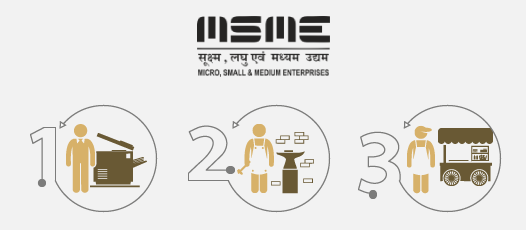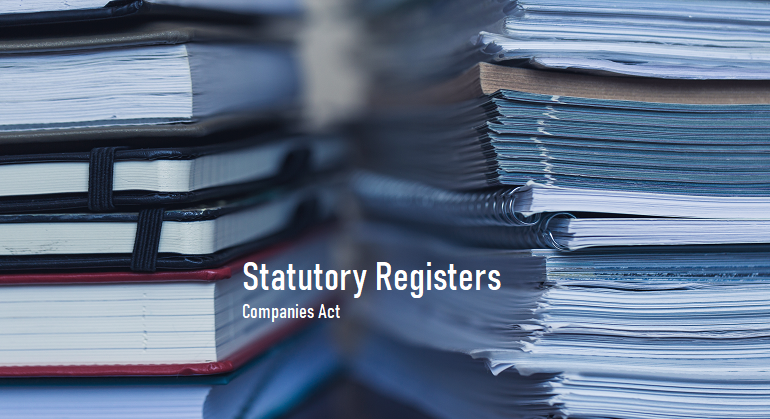Can the subscribers of the company be the same person in different capacities?
Yes, it is possible for an individual to be a subscriber of a company in different capacities. For example, a person may be a subscriber as an individual and also as a representative of a business or organisation. In such cases, the person would need to provide the necessary information for each capacity in which they are subscribing, such as their personal information for their individual subscription and their business information for their organisational subscription.
Who is a subscriber under Companies Act, 2013?
Under the Companies Act, 2013, a subscriber is defined as a person who subscribes to the memorandum of association of a company and thereby becomes a member of that company. Section 2(55) of the Companies Act defines a "member" as a person who agrees to become a member of a company by subscribing to its memorandum of association and whose name appears in the register of members.
Section 2(56) of the Companies Act defines a "subscriber" as a person who subscribes to the memorandum of association of a company during its formation. This means that a subscriber is a person who signs the memorandum of association and thereby agrees to become a member of the company at the time of its incorporation.
Rule 16 of the Companies (Incorporation) Rules, 2014 further specifies that the subscribers to the memorandum of association of a company shall be at least two individuals in the case of a private company, and at least seven individuals in the case of a public company. The subscribers must also provide their full name, father's name, residential address, nationality, occupation, and the number of shares subscribed by them. Additionally, the subscribers must also provide a copy of their PAN card, Aadhaar card, and passport (in case of foreign nationals) as proof of their identity and address.
Therefore, a subscriber under the Companies Act, 2013 is a person who subscribes to the memorandum of association of a company during its formation, and thereby becomes a member of that company.
Who is an ‘individual’ under the Companies Act, 2013 who can be a ‘subscriber’ to the Memorandum?
Under the Companies Act, 2013, an "individual" is defined as a natural person, i.e., a human being. An individual can be a subscriber to the memorandum of a company if he or she is competent to contract, that is, if he or she is of legal age and is of sound mind.
According to Rule 16 of the Companies (Incorporation) Rules, 2014, the subscribers to the memorandum of a company must be individuals. This means that only natural persons can be subscribers to the memorandum of a company, and not other legal entities such as companies or trusts.
In addition, the subscribers must provide their full name, father's name, residential address, nationality, occupation, and the number of shares subscribed by them. They must also provide a copy of their PAN card, Aadhaar card, and passport (in case of foreign nationals) as proof of their identity and address.
Therefore, under the Companies Act, 2013, an individual who is competent to contract and meets the requirements specified in Rule 16 of the Companies (Incorporation) Rules, 2014 can be a subscriber to the memorandum of a company during its formation.
Who is an individual who is competent to contract?
Under the Indian Contract Act, 1872, an "individual who is competent to contract" refers to a person who has the legal capacity to enter into a contract. Section 11 of the Act specifies that every person is competent to contract who:
- Is of the age of majority, that is, has attained the age of 18 years;
- Is of sound mind, that is, is capable of understanding the terms and consequences of the contract; and
- Is not disqualified from contracting by any law to which he is subject.
Therefore, to be competent to contract, a person must be of legal age, have a sound mind, and not be disqualified from entering into a contract under any law applicable to them.
It is important to note that in certain circumstances, such as for contracts relating to specific types of property or transactions, additional legal requirements may need to be met before a contract can be entered into. For example, contracts involving immovable property or intellectual property rights may require additional formalities for registration under specific laws.
Overall, any individual who meets the criteria of being of legal age, of sound mind, and not disqualified by any law, is competent to contract under the Indian Contract Act, 1872.
Conclusion:
Thus, the subscribers of a company can be the same person in different capacities under the Companies Act, 2013. There is no specific provision in the Act that prohibits an individual from being a subscriber in multiple capacities.
For example, a person can be a subscriber to a company's memorandum of association as an individual and also as a representative of a partnership firm or a company. However, in each capacity, the person would need to provide the necessary information required for that capacity, such as personal information for the individual subscription and business information for the partnership or company subscription.
It is important to note that the terms and conditions of the company's subscription may specify whether multiple subscriptions by the same person are allowed and any limitations or conditions that apply. Additionally, the provisions of the Act relating to the minimum number of subscribers required for the incorporation of a company, and the requirements for providing personal information and identity proof, would apply to each subscription by the person, regardless of the capacity in which the subscription is made.
Overall, while there is no restriction on a person being a subscriber in different capacities, it is essential that all the requirements and provisions of the Companies Act, 2013 are complied with for each subscription.











